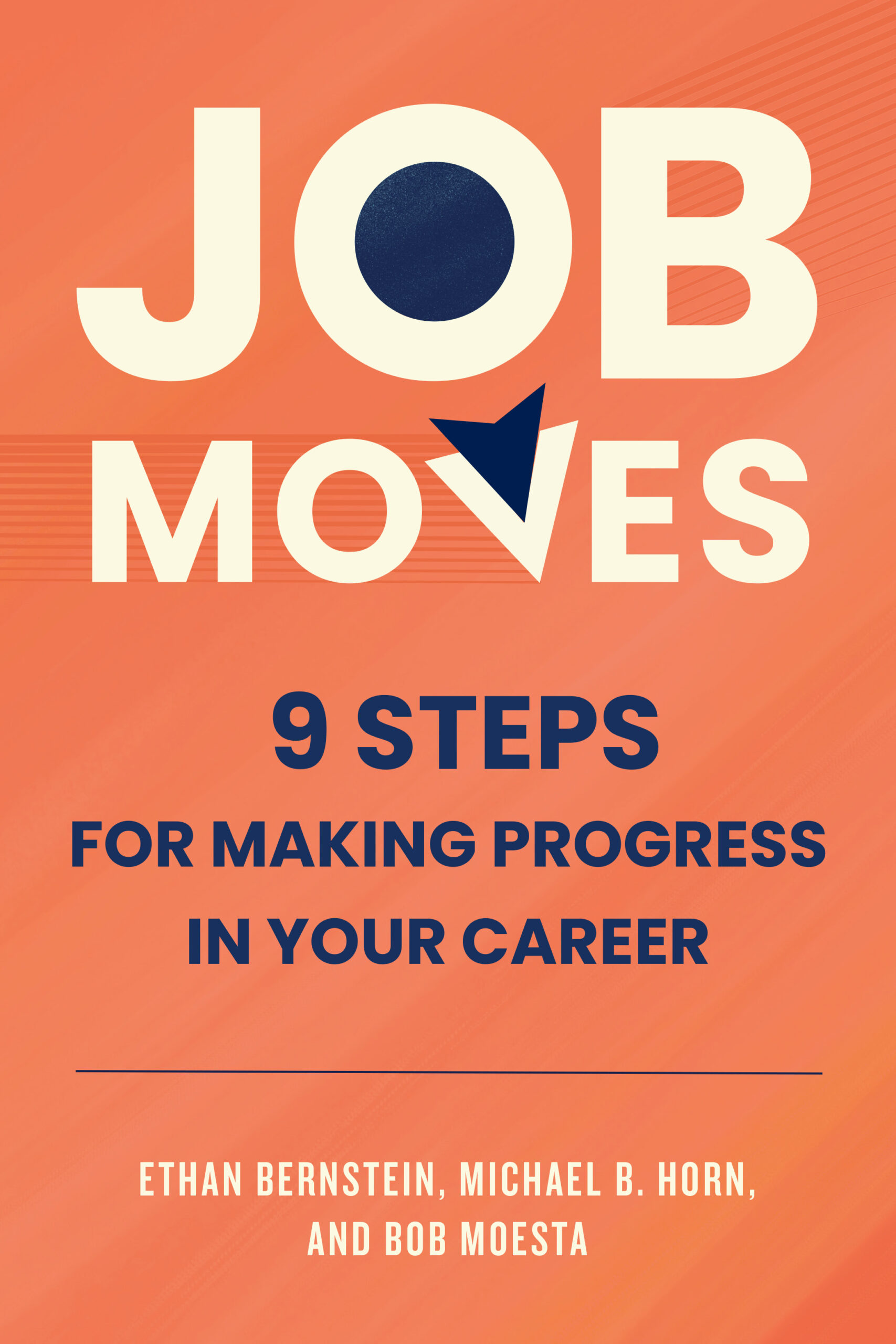Online Learning, a Disruptive Innovation in Education – An Interview With Michael Horn
Quick Take: In a knowledge economy, we need to ensure that every student is getting the right opportunities to fulfill their potential. Online learning offers a flexibility that can help transform Education into a student-centered learning system beneficial to all.
Michael Horn is an expert in online learning, blended learning, competency-based learning and student-centered education. He works with several education organizations to improve student learning experiences and his work has also led him to serve on education organizations advisory boards. He is co-founder of the Clayton Christensen Institute for Disruptive Innovation, a non-profit think tank, and is the author of the bestseller book “Blended: Using Disruptive Innovation to Improve Schools.” Horn holds a BA in history from Yale University and an MBA from the Harvard Business School.
In this interview, he shares how to transform the educational system into a student-centered learning (SCL) approach, how to use online learning to maximize student success, and why online learning is considered a disruptive innovation in education. He also shares his perspective on the challenges of blended learning, as well as some of the trends educational institutions will experience in the coming decades.

0 comments